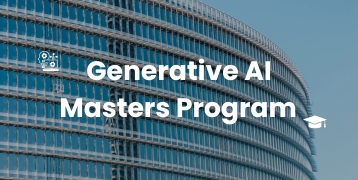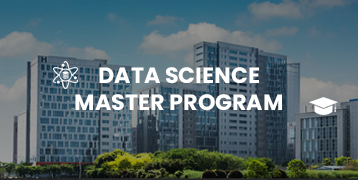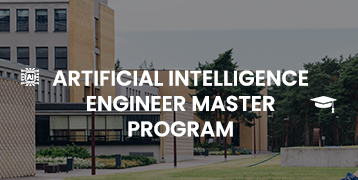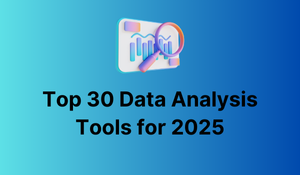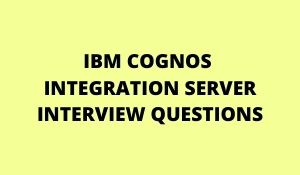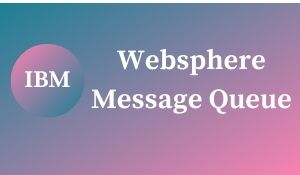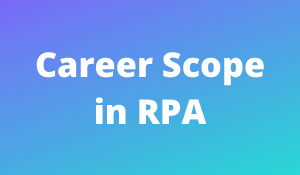
Robotic Process Automation (RPA) is emerging in almost every field. This technology allows communication through digital systems, and it plays an important role in larger industries. This is a transformational process that removes people from repetitive tasks. RPA is a robotics oriented software for organizational operations which brings a silent revolution in the IT industry and workforce implementation.
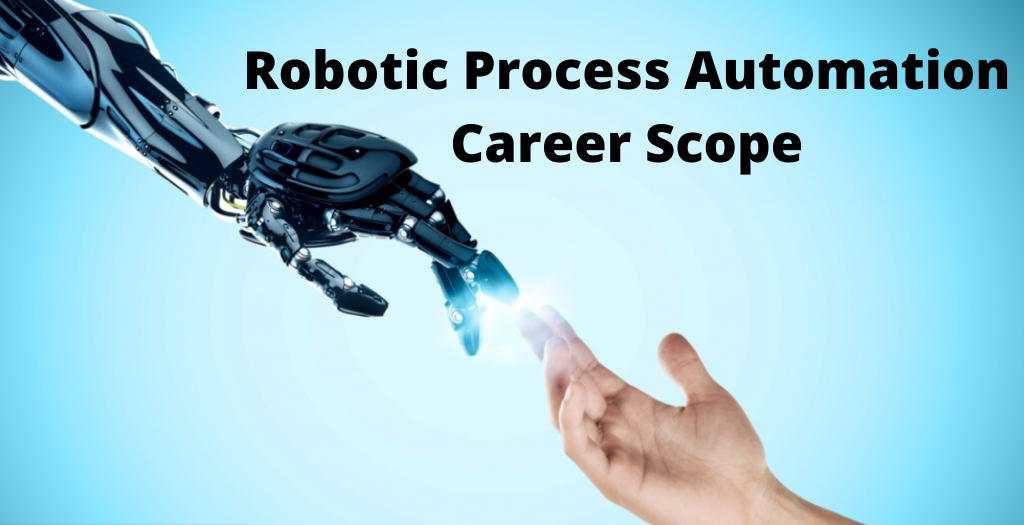
Future Scope for RPA:
RPA’s future scope is huge and wide. The future of RPA will incorporate the following things.
- With RPA, a set of protocols can be used in every computer-aided process.
- RPA is considered to be the replacement of the data rekeying and data entry jobs with its techniques and tools.
- Also, it replaces the repetitive jobs of formatting tasks and data assembling.
- It incorporates Artificial Intelligence for advanced inference and decision making.
Benefits of RPA:
Accuracy: Robots perform actions like humans but without mistakes and errors.
Efficiency: Robots improve the overall efficiency of the manufacturing process. Unlike humans, they do not get tired.
Change Management: RPA performs change management as it reverses the data integrity.
Cost Reduction: Software robots reduce organizations’ costs.
Monitoring Compliance: Robots offer detailed audit logs by allowing enhanced compliance.

RPA Tools Include:
Below are some of the RPA tools:
- Blue Prism
- Automation Anywhere
- OpenSpan
- UiPath
Blue Prism: Blue Prism is an RPA tool that enables business operations to be agile. It’s a scalable and secured tool to automate clerical back-office processes by developing a digital workforce. Blue Prism is a set of run-time environments for Robotic Process Automation in which it has two main parts: Object Studio and Process Studio. Object Studio creates Visual Business Object (VBO) without having the main page. Still, it allows two default pages, whereas Process Studio is a traditional flowchart in which creates the actual process and allows control loops, business logic, and variables.
Automation Anywhere: Automation Anywhere is a popular vendor in RPA which offers powerful capabilities to automate complex tasks. This tool combines Robotic Process Automation with conceptual elements like reading unstructured data and natural language understanding. Automation Anywhere is a web-based management system to run automated tasks and end-to-end business operations. Automation Anywhere consists of three primary components: Bot Creator, Control Room, and Bot Runner.
OpenSpan: Openspan is a screen scraping automation tool containing a single SignOn interface. It reduces the toggle between different windows/applications and automates the manual processes like copying and pasting web applications. This tool helps to derive the results very accurately and provides instructions based on Openspan studio to create automation projects. OpenSpan studio delivers a unique, rapid, and intuitive visual development environment to complete tasks more efficiently.
UiPath: UiPath is an advanced RPA tool that allows the automation of repetitive tasks and enables in a visual manner (through diagrams). UiPath contains less code like a scripting language and .net. We can create workflows even without knowing the code.
It provides deployment management, remote execution, access control, execution monitoring, process modeling, auditing and work queues to distribute transactional process load among the Robots.
Scope of RPA Course:
The Robotic Process Automation scope is enormous and immense. RPA plays a vital role in the coming years because it will replace repetitive tasks and data entry jobs. The field of Artificial Intelligence includes innovative knowledge of job implications and decision making. In the banking domain, RPA impacts excellent prospects in transactions and calculations. It shows the consequences of aircraft manufacturing, automobiles, and other leading-edge technologies. Concerning Robotic Process Automation, humans perform many tasks like collaboration, reporting, planning, controlling, managing, and so on.
Many of the automation tools like UiPath, Blue Path, Automation Anywhere and OpenSpan were already being used in many organizations. The candidate who wants to build his/her career in the RPA field can choose any of these tools in the implementation of automation. A Career in the RPA field is very effective. When compared to other fields, the skill sets in RPA are higher. Surely RPA will create a massive revolution in technology and creates immense job opportunities.
How to Get Started with RPA Course?
The career expectations in the RPA field are very high. Employers are always looking for individuals with good knowledge and skills. To start in RPA field, one should have the following checkpoints:
- Candidates should have excellent knowledge in Microsoft Office, MS-Excel, Access, and other Macro applications.
- Should have proper orientation and in-depth knowledge in programming languages like C, C++, Java, JavaScript (while handling web applications), J# at the coding stage.
- There should be good knowledge of writing codes as per the ascertained coding standards.
- Must have proper orientation of SOLID principles to develop a responsible delegations and quality layout process.
Apart from the above skills, one must be highly enthusiastic about his/her career in the RPA field. Also, undergo with right kind of training and acquire in-depth knowledge in Robotic Automation.

Technical
Responsibilities:
- A candidate who takes-up a position in the RPA career path must work predominantly with RPA principles and conventions on Business Process Automation.
- Build the Business Process Framework by understanding the future scope of robotics.
- Deploy and develop automation products in collaboration with global teams.
- Customize and create Automation solutions.
- With the support of existing processes, guide “Change Management Process” and implement updates.
RPA Developer Salary Trends:
The below table shows the approximate Robotic Process Automation salary in India and the United States.
| Position | RPA Salary in India | RPA Salary in United States |
|---|---|---|
| Developer | Rs. 10,00,000+/year | USD 97,000+/year |
| Junior Developer | Rs. 9,00,000+/year | USD 61,000+/year |
| Business Process Analyst | Rs. 7,00,000+/year | USD 73,000+/year |
| Senior Developer | Rs. 4,45,000+/year | USD 90,000+/year |
Conclusion:
For a long time, it has been observed that Robotic Process Automation is evolving as a troublesome technology. With its super technology, RPA provides many benefits such as fast production, increases quality, improves customer satisfaction, and reduces the cost. Such advantages cannot be ignored. By the year 2024 RPA market will reach USD 9 billion. It is expected that in future RPA will going to be used in various domains and will be utilized in industries such as insurance, aviation, manufacturing, banking, and many more.

